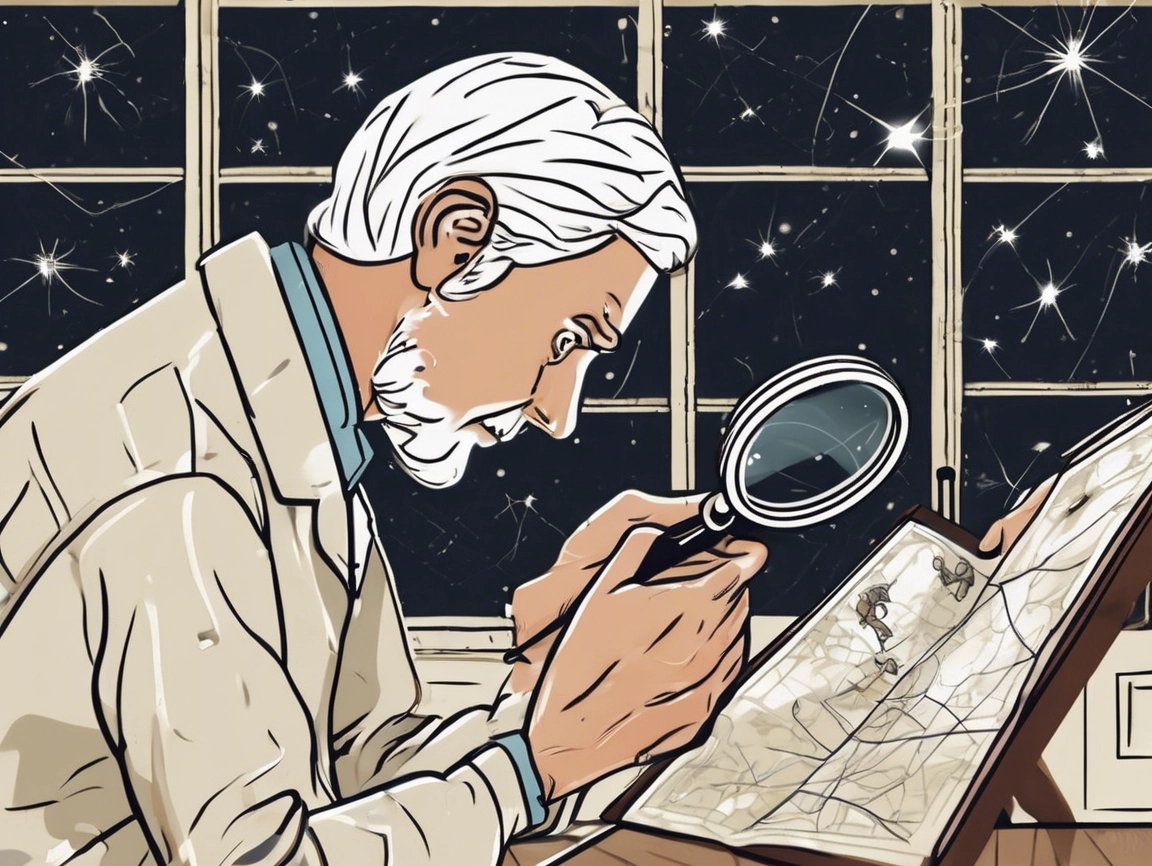Why Curiosity Is Still the Most Underrated Superpower
Everyone wants to be smart, fast, or strategic. But if you ask the world’s best innovators, entrepreneurs, and thinkers what really sets people apart, the answer is often the same: curiosity.
In a time when most people are skimming, scrolling, and sticking to surface-level opinions, those who dig deeper — who wonder, question, explore — are the ones shaping the future.
Curiosity isn’t a childlike habit we grow out of. It’s a mindset we grow into, if we let it.
What Makes Curiosity a True Advantage?
It’s not just about asking random questions — it’s about engaging with the world more fully. Curious people:
- Notice patterns others miss
- Ask better questions in meetings or interviews
- Connect dots between seemingly unrelated ideas
- Learn faster because they actually care
- Stay adaptable in a rapidly changing world
Harvard Business Review even calls curiosity a competitive advantage in business. And in daily life, it makes everything more interesting — and everyone more interesting to talk to.
Historical and Modern Proof
Let’s be honest — most world-changing discoveries didn’t start with a perfect plan. They started with curiosity:
- Einstein’s theory of relativity? Sparked by wondering what it would feel like to ride a beam of light.
- Marie Curie’s work on radiation? Fueled by a refusal to stop asking why things behaved a certain way.
- Elon Musk’s career pivots (for better or worse)? Entirely curiosity-led — from digital payments to rockets.
Even companies like Google encourage curiosity as a core leadership trait — because it leads to better decisions and more resilient problem-solving.
How to Strengthen Your Curiosity Muscle
Good news: curiosity isn’t a “you have it or you don’t” trait. It’s a habit. Here’s how to build it:
1. Ask Why More Often
Take a second look. Ask follow-up questions. Wonder out loud. Keep the inner monologue going.
2. Read Outside Your Comfort Zone
Pick up a book or article you’d normally skip. Try sci-fi if you’re into history. Try philosophy if you’re into coding.
3. Talk to People with Wildly Different Views
Not to argue — to understand. Curiosity is the bridge between perspectives.
4. Follow the Rabbit Holes
Let yourself explore unrelated side topics now and then. You might just find your next big idea.
5. Stay Open to Being Wrong
True curiosity doesn’t need to “win.” It wants to learn. That’s powerful.
What Happens When We Lose It?
The opposite of curiosity is stagnation. When people stop being curious, they:
- Fall into rigid routines
- Filter their world down to familiar narratives
- Avoid change, challenge, or discomfort
- Miss out on growth — personal, professional, creative
In a world that rewards speed, staying curious requires slowing down — and that’s a rebellion worth joining.
The NerdItForward Take: Curiosity Is the Core OS
For us nerds, curiosity isn’t optional — it’s baked into the system. We’re the ones who click “View Source” on a webpage. Who wonder how the satellite works. Who ask, “What if we combined these two weird things?”
Curiosity isn’t just a trait — it’s how we operate. And it’s how we help others see differently, too.
Final Thoughts: Stay Wonder-Full
In 2025, with AI writing emails, algorithms curating thoughts, and society sprinting toward the next new thing… slowing down to wonder is bold.
Curiosity keeps us sharp. It keeps us human. And honestly? It makes life way more fun.
So here’s your invitation: stay curious. Ask the weird questions. Follow the tangents. Be that person who never stops learning.
It’s not just a superpower — it’s your best one.

